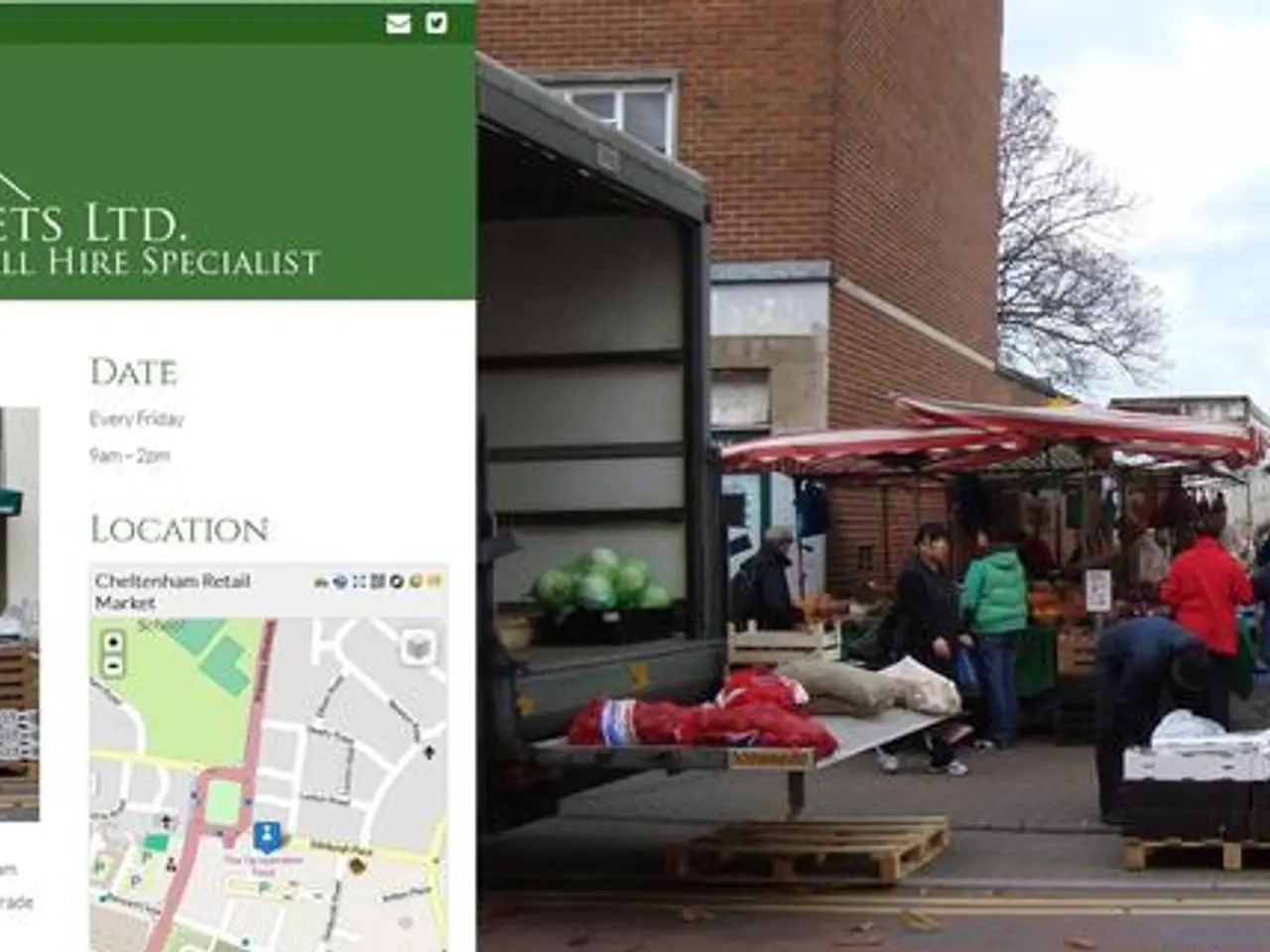Banking on Retirement: The Risks of Partial Home Equity Sales
Financial caution advised when considering a slice of your home's value
Earning an Income at Home: The Potential Perils of Partial Selling
As retirement approaches and dreams of travel or home improvements beckon, many homeowners consider a quick cash injection. Enter partial home equity sales, marketed by financial companies like Wertfaktor, Engel & Voelkers, and Heimkapital. But beware, this convenience comes with hidden costs.
"These businesses are advantageous to the buyer, not the seller," warns financial expert Thomas Mai from the Consumer Center Bremen. In a nutshell, they buy a chunk of your property and pay a hefty sum, allowing you to stay in the home. However, you'll have to shell out a monthly usage fee—a charge that can amount to between 4.5% and over 6% of the value of the sold portion annually. That's according to Dirk Eilinghoff, real estate and interest rate expert at the financial advice service "Finanztip." Let's break it down further.
Cookie Jar Empty Faster
"The partial sale may seem to enable living in your own home and having plenty of cash on hand," says lawyer Beate Heilmann, chairwoman of the Working Group on Tenancy and Real Estate Law in the German Bar Association. But remember, it's not free money. You'll soon see your bank balance dwindle faster than expected.
The structure of the deal goes like this: the owner sells a portion of their property, up to a maximum of 50%. In return, they receive a usufruct right and a considerable sum—but that initial sum will quickly vanish as monthly usage fees chip away at it. Plus, owners must bear the added expenses of property tax and maintenance themselves.
Buybacks: A Pricey Proposition
In theory, the owner can buy back the portion of their home that's been sold to the company. However, it'll come at a hefty price. The provider will demand not only the partial purchase price but ancillary costs and a surcharge for any increase in value. And in some contracts, financial companies secure themselves against a decrease in property value. If the property is sold later, the provider will receive at least its invested money plus a substantial surcharge—for instance, 17%—as a "minimum share."
Complex Contracts and the Lack of Transparency
Transparency is a big concern when it comes to partial home equity sales. Consumer advocates like Thomas Mai often criticize the lack of transparency in many contracts and the inadequate information provided. "The contracts are complicated, and consumers struggle to get a clear picture of the overall costs," says Mai. And alternatives to partial sales are rarely mentioned.
Consumers Risk Losing More Than Just Their Home
Be aware that partial home equity sales involve giving up a significant portion of your property rights. This can lead to potentially losing the entire home if monthly usage fees cannot be paid. The home could be sold, even if the buyer goes insolvent. Any creditor can enforce such a sale. "This is a highly uncertain situation for individuals concerned," cautions lawyer Beate Heilmann.
Remember, property valuation can be problematic. "A specialist, appointed by the buyer, determines the current market value," explains Eilinghoff. "The seller can suggest an expert, but ultimately, the financial institution decides who is commissioned." The established market value may differ significantly from the sale value, which is the value the owner would achieve from a full sale.
Alternative Solutions for Retirees
Before signing a costly and potentially risky partial home equity sale contract, consider your alternatives:
-Borrowing against your property: While still owning your home outright, you can borrow against its value using an equity release mortgage. However, this may affect inheritance potential.
-Downsizing: By selling your home entirely and moving to a smaller, more affordable property, you could avoid complex contracts and fees.
-Reverse mortgages: This option allows converting home equity into income, but terms vary, so be sure to review them thoroughly.
-Debt management: Paying off debts or adding to savings may be preferable to equity release in some cases.
-Subletting: Generating rental income while retaining ownership adds landlord responsibilities, but it lets you maintain control of your property.
In conclusion, partial home equity sales can come with hidden costs and risks, including transparency issues, usage fees, and limited buyback options. Following a thorough evaluation of your options, consider seeking professional advice before making a decision that could significantly impact your financial stability and quality of life during retirement.
- "In the context of retirement planning, it's essential to delve into alternatives beyond partial home equity sales, such as borrowing against your property, downsizing, reverse mortgages, debt management, or subletting, to ensure a more secure personal-finance and real-estate future."
- "While vocational training might not seem directly related to finance, investing in vocational skills, especially in fields like real estate or financial advice, could potentially provide additional income streams to supplement personal-finance during retirement, reducing the need for partial home equity sales."




